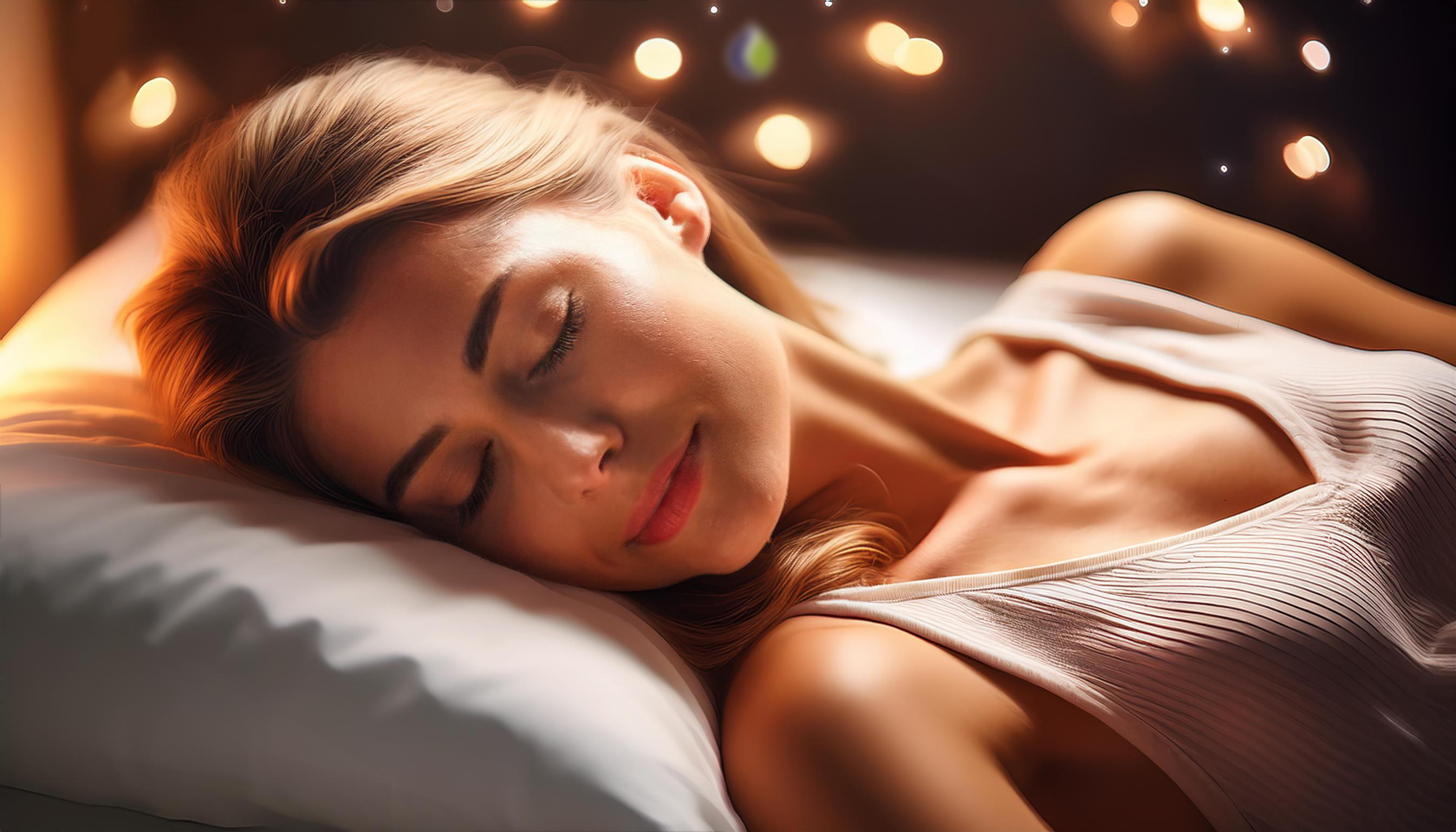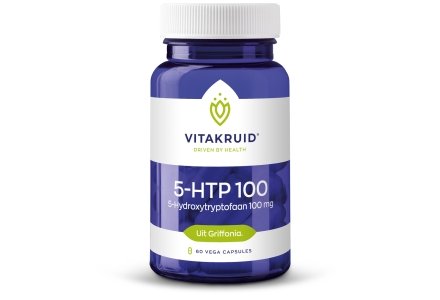
Sleep plays a crucial role in our physical and mental health, but more and more people are struggling to get a good night's sleep. Instead of relying solely on sleep medication, there is growing interest in holistic approaches to sleep improvement. These methods focus on restoring balance throughout the body through lifestyle changes, nutrition, exercise and mindfulness. In this blog, we discuss several holistic strategies that can help you sleep better and experience deeper, more restorative rest.
Nutrients that Promote Sleep
Nutrition plays an important role in the quality of your sleep. Certain nutrients can help relax your body and stimulate the production of sleep-promoting hormones.
Magnesium, for example, is a mineral that helps relax muscles and regulate melatonin, the hormone that regulates your sleep-wake cycle. Tryptophan, an amino acid found in foods such as turkey, nuts and seeds, also contributes to the production of serotonin and melatonin, which helps you fall asleep faster. In addition, vitamins such as vitamin B6 and vitamin D are essential for a healthy sleep cycle because they are involved in the regulation of mood and sleep hormones. Thus, including these nutrients in your diet can contribute to a more restful night's sleep.
Optimize your sleep environment
In addition to optimizing your diet and supplementing with nutritional supplements if necessary, the environment in which you sleep also has a direct impact on the quality of your sleep. A well-optimized sleep environment can help you fall asleep faster and sleep deeper. Consider a restful sleep environment with a comfortable mattress and pillows, blackout curtains and a pleasant room temperature. It is also wise to keep radiation emitting devices such as smartphones, tablets and computers out of the bedroom as much as possible, as these devices can negatively affect sleep quality.
Physical exercise and relaxation techniques
In addition to nutrition and an optimal sleep environment, exercise and relaxation techniques can play a major role in promoting a good night's sleep. Regular exercise and the use of relaxation exercises help to calm both the body and mind.
Effect of regular exercise on sleep
Regular exercise has a positive impact on sleep quality. Exercise helps the body release energy, making it easier to relax at night and fall asleep faster. Aerobic exercises such as walking, cycling or swimming can prolong the deep sleep stage, during which your body recovers and gains new energy. It's important not to do intense workouts right before bedtime, though, as this can actually make you more awake by creating adrenaline. Try to be active earlier in the day to take full advantage of the sleep-promoting effects of exercise.
Relaxation techniques such as yoga and meditation
In addition to physical exercise, relaxation techniques such as yoga and meditation can help calm your body and mind before bedtime. Yoga promotes flexibility and muscle relaxation, and specific breathing exercises (such as deep abdominal breathing) can activate your parasympathetic nervous system, which helps the body enter a resting mode. Meditation, especially mindfulness meditation, can help release brooding thoughts and calm your mind. Regular practice of these techniques lowers stress hormones, resulting in a more relaxed state and better sleep quality.
Use of Natural Products
Essential oils and aromatherapy
Essential oils have been used for centuries to promote relaxation and can also help improve sleep. Aromatherapy with oils such as lavender, chamomile and sandalwood are known for their calming properties. Lavender oil, for example, can help lower heart rate and reduce anxiety, leading to deeper relaxation and faster sleep. You can vaporize essential oils in a diffuser, sprinkle on your pillow or apply to pressure points for a soothing scent experience that promotes your sleep environment.
Mental and Emotional Health
To promote healthy sleep, it is essential to pay attention to your mental and emotional health.
Stress management and mindfulness
Stress and anxiety can have a significant impact on your ability to fall asleep and sleep through. Applying stress management techniques, such as mindfulness, can help calm your mind and bring your attention to the present moment. Mindfulness meditation teaches you to observe your thoughts and worries without judgment, which can lead to a reduction in fretting and anxiety. By practicing mindfulness regularly, you can achieve a deeper state of relaxation, which ultimately contributes to better sleep.
Cognitive behavioral therapy for insomnia (CBT-I)
Another effective approach for improving sleep quality is cognitive behavioral therapy for insomnia (CBT-I). This therapy focuses on identifying and changing negative thoughts and behaviors that contribute to sleep problems. CBT-I offers practical strategies and techniques, such as teaching good sleep hygiene and addressing fears surrounding sleep. Research shows that CBT-I is not only effective in reducing insomnia, but can also help improve overall mental and emotional health. It offers a valuable alternative to medication, with long-term benefits for your sleep and well-being.
Technology Resources
Sleep Trackers and Apps
Technology today offers several tools to improve your sleep. Sleep trackers and apps can provide valuable insights into your sleep habits, such as the duration and quality of your sleep, and any interruptions. By tracking your sleep patterns, you can better understand what factors influence your sleep and make targeted adjustments. Many apps also offer personalized recommendations and breathing exercises to help you relax before bed. These digital tools can act as a useful complement to traditional sleep improvement methods.
Use of light therapy
Another technological approach to improving sleep quality is light therapy. This method uses special lamps that emit a bright, natural light, which can help regulate your circadian rhythm-the body's internal clock that determines when you sleep and are awake. Light therapy is particularly effective for people who suffer from seasonal affective disorder (SAD) or sleep disturbances caused by irregular working hours. Through daily exposure to light therapy in the morning or upon waking, you can increase your energy levels and improve the quality of your sleep.
Conclusion
In a world where sleep is often neglected, it is crucial to explore holistic approaches that can improve the quality of our sleep. By paying attention to nutrition, optimal sleep environment, exercise, relaxation techniques and mental health, we can lay the foundation for better sleep. Moreover, natural products and technological tools can support us in this quest for rest and recovery. By combining these different strategies, we can not only improve our sleep quality, but also promote our overall health and well-being. It is time to restore sleep to the priority it deserves and invest in deeper, more restorative sleep.
In incorporating good sleep habits into your daily routine, there are nutritional supplements from Meditech Europe that can support you in this endeavor. For more information about this and questions in the field of nutritional supplements, please contact us.








